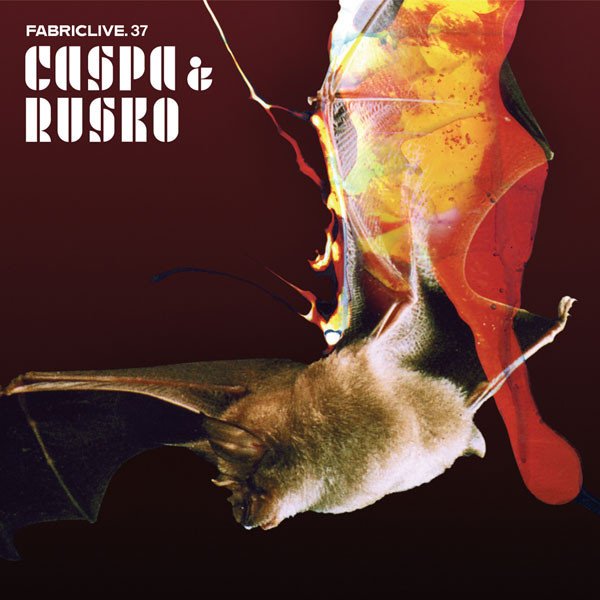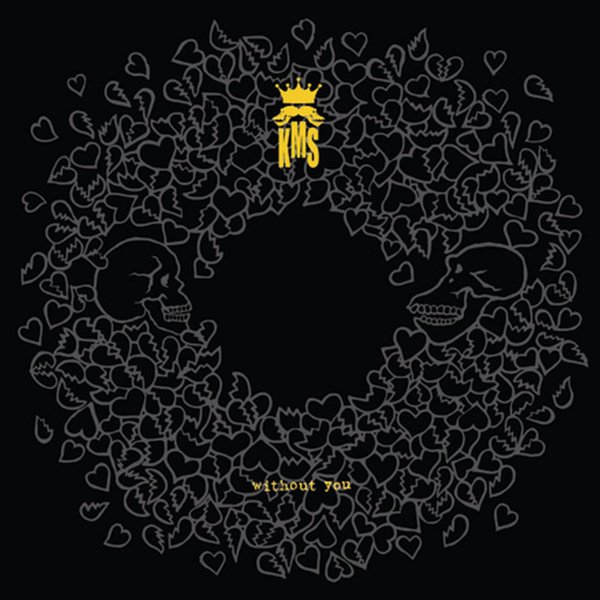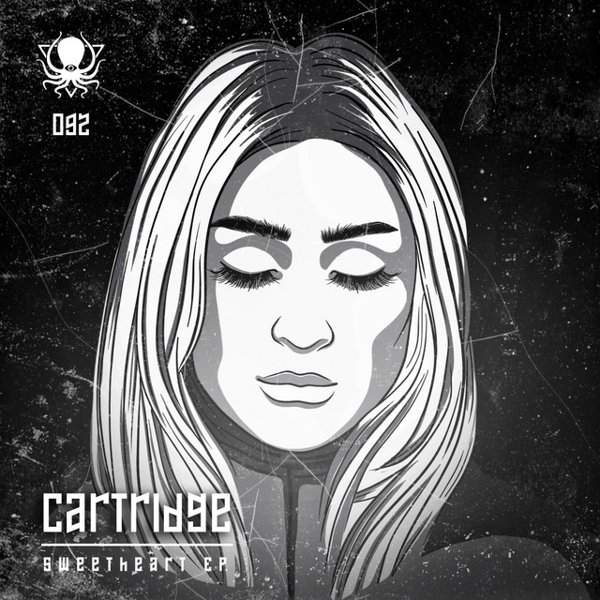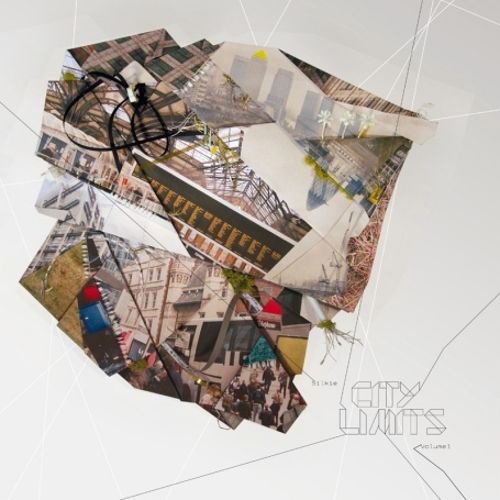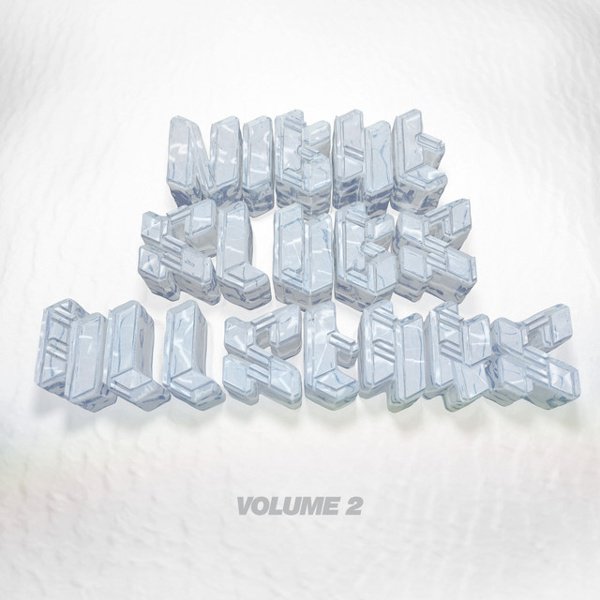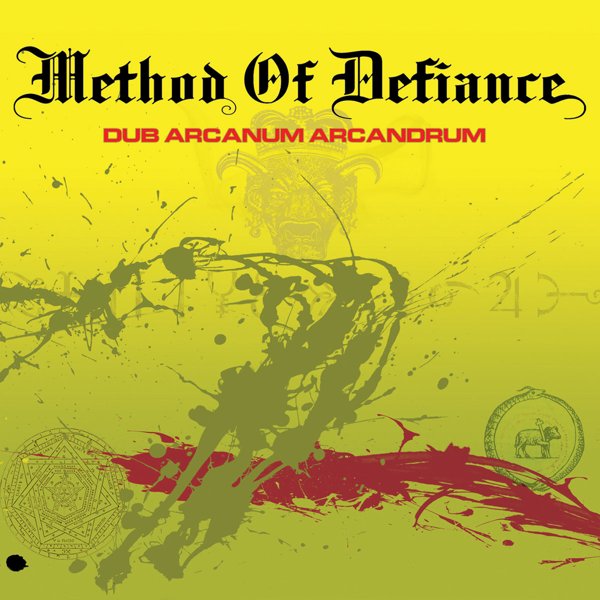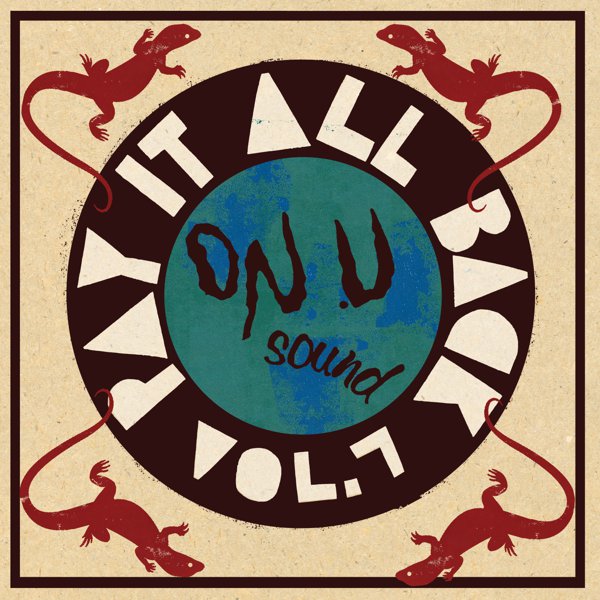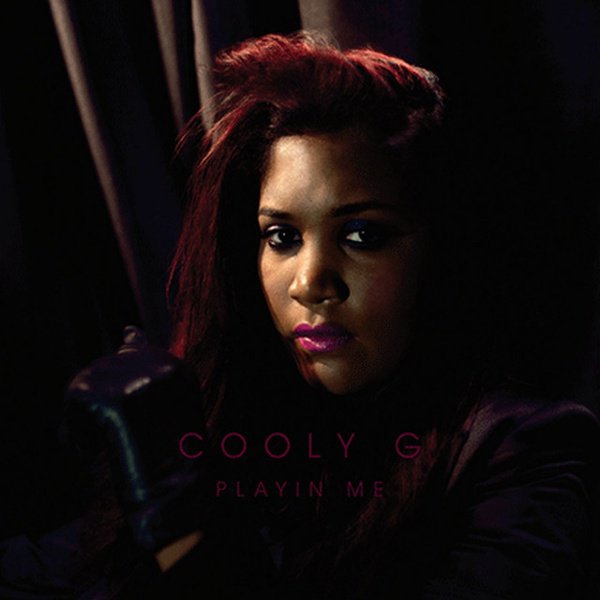
Recommended by
Playin Me
Merissa “Cooly G” Campbell broke through right at the moment bass music was having its big pop crisis: the memetic wait for the drop strain of “brostep” was beginning to play up the more extroverted tendencies of club culture, and its counterpoint — the indie-friendly quietude of “post-dubstep” artists like James Blake and Mount Kimbie — seemed better-geared for office-job dayshift earbuds than late-night speaker-rattling parties. But while the string of EPs Cooly G released in the four years leading to her first album covered a lot of ground — her polyglot rhythms, while rooted in UK funky, sparred with everything from house to grime to drum’n’bass — Playin Me struck its third-way balance between soundsystem maximalism and home-listen pop thrills by infusing bass music with the spirit of classic R&B. It’s more allusive than directly referential; her synth tone can evoke the idea of Jam/Lewis dropped into the Second Summer of Love here and there (“Playin’ Me”; “Up In My Head”), and a lot of her more intricately-sequenced abstract-bass beats could only really be R&B in a world that Miss E… So Addictive helped happen. But even when it nods to dance music’s primordial roots in classic soul and disco, her music’s too busy toying with the dynamics of their tension-and-release rhythms to build her entire foundation on them. Her sounds are massive and spacious in ways that balance bass rumbles and hushed ambience with an almost suspense-building level of tension, whether she keeps the beat ultra-minimal (“Come Into My Room,” where the rhythm’s almost entirely carried by piano), pushes it to the fore (the glitchy, almost Amon Tobin-esque stammer-beat of “Is It Gone”), or slowly crests from one mode to the other (listen to how the hi-hat shiver on “He Said I Said” starts to coalesce into something choppier and more insistent). Of course, Cooly G’s a singer, too — a strong one even (or especially) at her most vulnerable, whose lyrics complete the sorrowful undercurrent by alluding to a relationship both intimately warm and cruelly insufficient. And if nothing else, she actually made Coldplay’s “Trouble” sound like an emotionally stirring, heartbroken-in-the-club anthem — a knack for that level of alchemy is rare.

